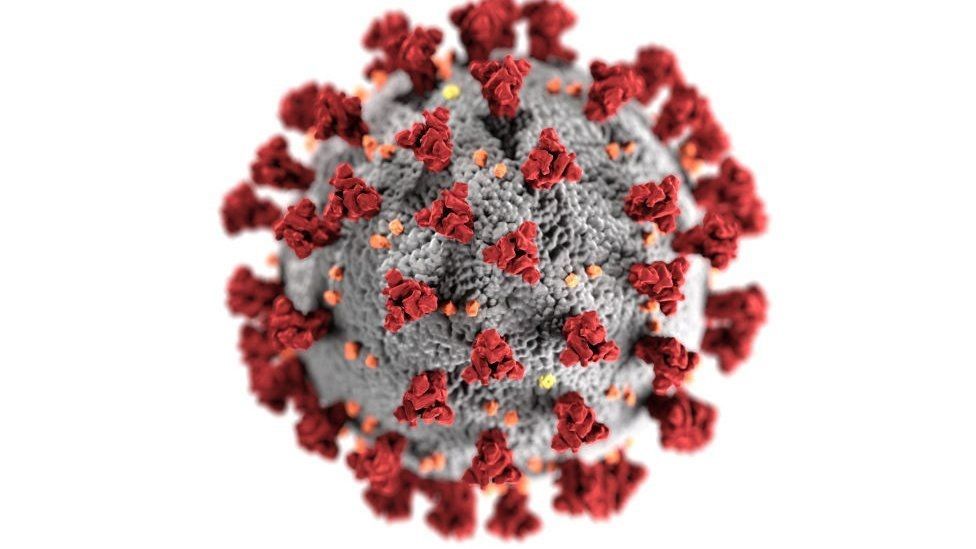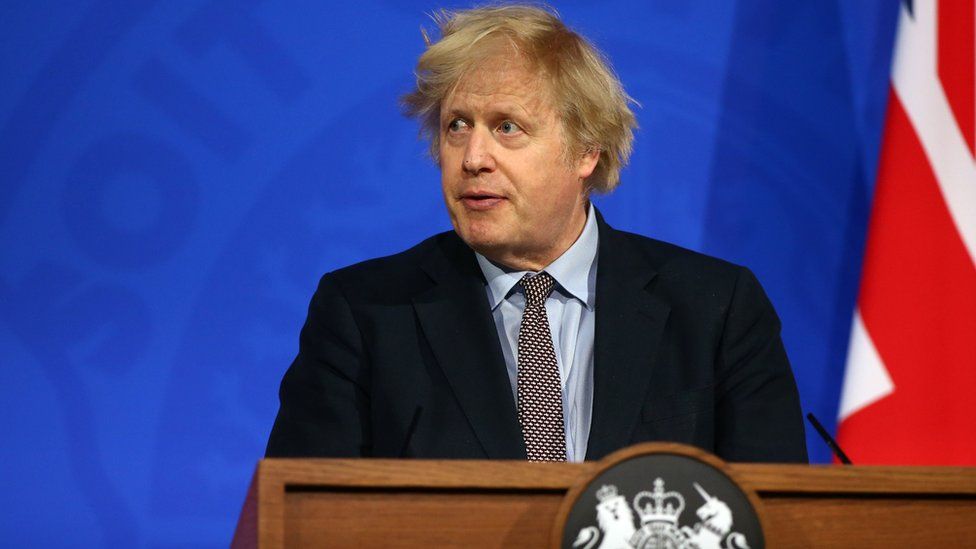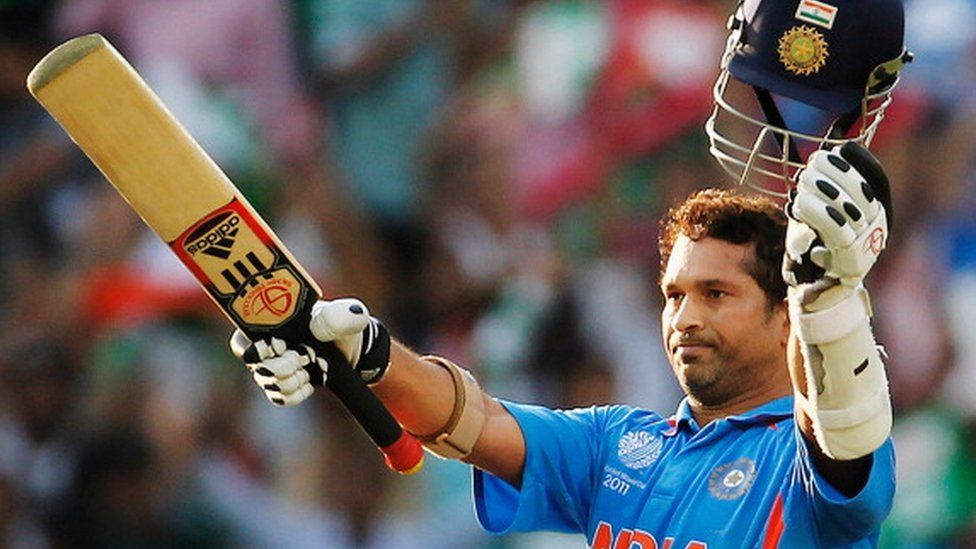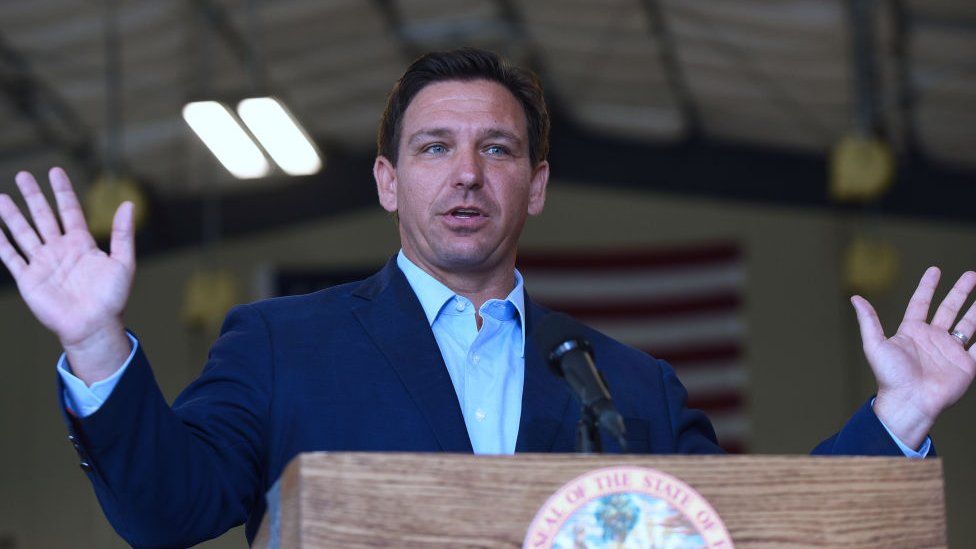WhatsApp blocks two million Indian accounts
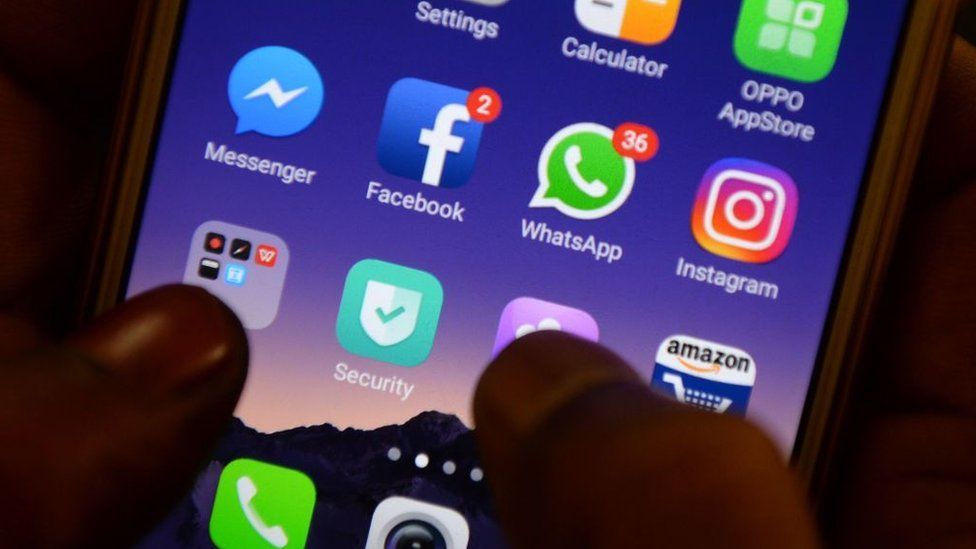
London, July 16: WhatsApp has said it blocked over two million accounts in India in May and June for violating rules.
The service said 95 per cent of these users were blocked for violating the limits of the number of times messages can be forwarded in India.
The submissions were made by WhatsApp in its first monthly compliance report under India's controversial new IT rules. India is WhatsApp's largest market with about 400 million users.
The Facebook-owned messaging service said its "top focus" has been to prevent accounts in India from sending harmful or unwanted messages at scale. Using advanced machine learning technology, WhatsApp reportedly bans close to eight million accounts across the world every month.
Two million accounts in India sending a "high and abnormal rate of messages" were banned in India alone between 15 May and 15 June, the service said.
The service identifies an Indian account as one with a +91 (country code) phone number.
The Facebook-owned app often ends up being the focus of discussions on the spread of misinformation and fake news in India. Such fake news and hoaxes are forwarded to tens of thousands of users in hours, and it's practically impossible to counter them.
Messages and videos circulating in bulk have in the past incited mob violence in India, even leading to deaths. In addition to responding to user complaints, WhatsApp said it deployed its own tools to prevent abuse on the platform.
It said it relied on the "behavioural signals" from user accounts, or on available "unencrypted information", profile and group photos, and descriptions to identify potential offenders.
WhatsApp's submissions come at a time when tech companies are embroiled in an intensifying battle with the Indian government over the new IT rules.
The guidelines - announced in February and became effective in May - seek to regulate content on social media and streaming platforms, and have raised serious concerns about free speech and user privacy.
Critics say they give the government and law enforcement agencies powers to take down a wide range of content on the internet. But the government claims the rules are meant to prevent abuse and misinformation.
Recent News

Do not make expressions casting dout on election: EC
14 Apr, 2022
CM Bhatta says may New Year 2079 BS inspire positive thinking
14 Apr, 2022
Three new cases, 44 recoveries in 24 hours
14 Apr, 2022
689 climbers of 84 teams so far acquire permits for climbing various peaks this spring season
14 Apr, 2022
How the rising cost of living crisis is impacting Nepal
14 Apr, 2022
US military confirms an interstellar meteor collided with Earth
14 Apr, 2022
Valneva Covid vaccine approved for use in UK
14 Apr, 2022
Chair Prachanda highlights need of unity among Maoist, Communist forces
14 Apr, 2022
Ranbir Kapoor and Alia Bhatt: Bollywood toasts star couple on wedding
14 Apr, 2022
President Bhandari confers decorations (Photo Feature)
14 Apr, 2022


